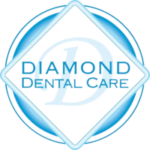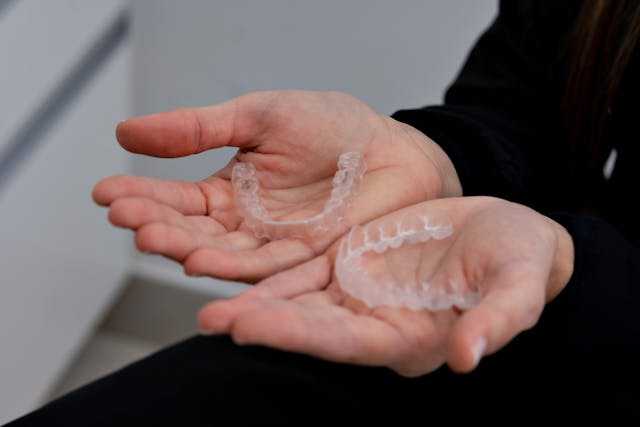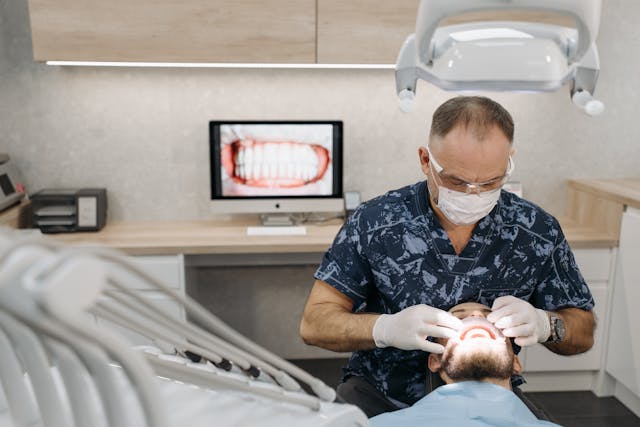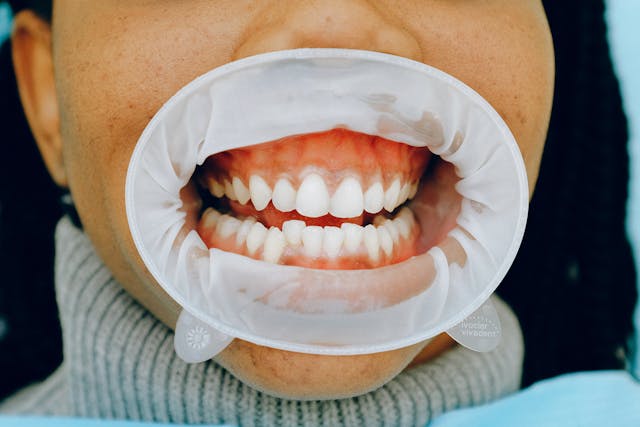Introduction to Gum Disease
Gum disease, also known as periodontal disease, is a common oral health issue characterized by inflammation of the gums and damage to the tissues supporting the teeth. Maintaining good oral hygiene is crucial in preventing periodontal disease as it can lead to serious complications if left untreated.
At Diamond Dental Care, we can examine you in our cosmetic dentistry office and discuss what you don’t like about your smile. If you have gaps between your teeth or they are crooked, stained, or misshapen, we can fix them in our dental office. There are several ways we can address most aesthetic issues, so we will conduct an examination, take x-rays, discuss the timeframe we are working with, and then present you and your parents with a variety of options to choose from.
Since some have set time constraints, it is best to schedule your appointment with our office as soon as possible. You can do so by calling (909) 860-7579. You can also follow us on Facebook or provide your valuable feedback at Yelp. Thanks.
Causes of Periodontal Disease
Poor oral hygiene, including inadequate brushing and flossing, is the primary cause of periodontal disease. Other factors such as tobacco use, genetic predisposition, hormonal changes (especially in women), and certain medical conditions like diabetes can also increase the risk of developing periodontal disease.
Symptoms of Periodontal Disease
Early-stage periodontal disease, known as gingivitis, may present symptoms such as swollen or bleeding gums, bad breath, and gum recession. If left untreated, gingivitis can progress to periodontitis, where symptoms worsen and may include pus between teeth and gums, loose teeth, and changes in bite.
Diagnosis of Periodontal Disease
Dentists diagnose it through a comprehensive dental examination, which may include X-rays to assess bone loss and periodontal probing to measure the depth of gum pockets. Early detection is crucial for effective treatment and preventing further damage.
Complications of Untreated Periodontal Disease
Untreated periodontal disease can lead to severe complications, including tooth loss, receding gums, and damage to the underlying bone structure. Moreover, research suggests a link between periodontal disease and systemic health issues such as heart disease, diabetes, and respiratory problems.

Prevention of Gum Disease
Practicing good oral hygiene, including brushing teeth twice a day, flossing daily, and using mouthwash, is essential for preventing periodontal disease. Regular dental check-ups and cleanings are also vital for early detection and intervention.
Treatment Options for Gum Disease
Treatment for periodontal diseases depends on its severity. Non-surgical treatments like scaling and root planing are typically used for mild to moderate cases, while surgical interventions such as flap surgery and bone grafting may be necessary for advanced periodontal disease.
Home Remedies for Gum Disease
In addition to professional treatment, certain home remedies may help manage periodontal diseases symptoms. These include rinsing with a saltwater solution, practicing oil pulling with coconut or sesame oil, drinking green tea, and applying aloe vera gel to the gums.
Importance of Timely Treatment
Timely treatment of periodontal disease is crucial for preventing further damage to the teeth and gums. Early intervention can halt the progression of the disease and improve overall oral health, reducing the risk of complications.
Impact of Gum Disease on Overall Health
Periodontal disease has been linked to various systemic health issues, highlighting the importance of oral health in overall well-being. Poor gum health has been associated with increased risk of cardiovascular disease, complications in diabetes management, and respiratory infections.
Myths and Facts
There are several myths surrounding periodontal diseases. Contrary to popular belief, gum disease can affect individuals of all ages, not just older adults. It’s essential to dispel misconceptions and educate people about the importance of maintaining good oral hygiene.
Conclusion
In conclusion, periodontal diseases is a prevalent oral health condition that can have serious consequences if left untreated. By understanding its causes, symptoms, and treatment options, individuals can take proactive steps to prevent and manage periodontal disease, thus safeguarding their oral and overall health.
Frequently Asked Questions (FAQs)
- Can gum diseases be reversed?
- Early-stage periodontal disease (gingivitis) can often be reversed with proper oral hygiene and professional treatment. However, advanced gum disease (periodontitis) may require ongoing management to prevent further damage.
- Can gum diseases cause bad breath?
- Yes, periodontal disease can contribute to bad breath (halitosis) due to the buildup of bacteria in the mouth. Proper oral hygiene and treatment of periodontal disease can help alleviate bad breath.
- Is gum diseases contagious?
- Gum disease itself is not contagious, but the bacteria that cause it can be transmitted through saliva. However, factors such as genetics, oral hygiene practices, and lifestyle choices play a significant role in its development.
- How often should I visit the dentist to prevent gum diseases?
- It’s recommended to visit the dentist for a check-up and cleaning every six months. Regular dental visits allow for early detection of periodontal disease and other oral health issues.
- Can gum diseases lead to other health problems?
- Yes, research suggests a link between periodontal disease and systemic health conditions such as heart disease, diabetes, and respiratory infections. Proper management of periodontal disease is essential for overall health and well-being. You can call on 9098607579 the Diamond Dental Care Clinic, Diamond Bar, Fullerton for complete dental examination.



